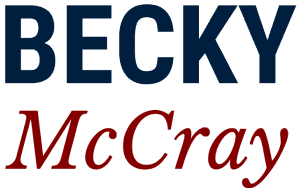Why duplication of effort is good for small towns
How many variations of this have you heard:
- We’re so small, we can’t afford to let people duplicate effort.
- It would be so much more efficient if we didn’t have so many overlapping projects.
- If we just knew what everyone was doing, we could streamline things.
- We already do something like that; why should we let someone else re-create it?
- We don’t want to get fragmented! It will drain our resources.
- We don’t want you to work on that idea. Our organization is going to do it.
Now, be honest, how many of these have you yourself said?
If there is only one central authority to be obeyed, then efficiency is the highest goal. If the power lies in the hands of the people, then efficiency is irrelevant.
In crowdsourcing, the highest goal is the largest number of small tries and tests. Experiments over efficiency. We learn faster by letting lots of people try than by trying to pick the one best way in advance. It’s why Clay Shirky describes crowdsourcing as “being effective without worrying about being efficient.”
As the center of power continues to shift from formal organizations, businesses and institutions, toward individuals, the value we place on efficiency will go down while the value of experiments goes up.
Stop telling people no. Start cheering them on, even when it duplicates effort.
As for the idea that your town is too small to support duplication of effort, realize that it is a false comparison. Even if you could know everything and decide on the one best way, you couldn’t force everyone to march according to your orders. You wouldn’t have any more people available for your streamlined project than you do when there is duplication. So why not let them try their way? They might have a better twist on the idea, a new way of doing something, or bring in new partners and people you couldn’t reach yourself.
Once you give up the role of streamliner-in-chief, you can take on a new role, the Venture Capitalist of New Ideas. Like a venture capitalist for startup businesses, your role is to know about all the projects and ideas being tried, to encourage and cheer them on, but to invest your organization’s limited resources in only the most promising. You’re not in the role of saying no. You’re in the role of saying, go ahead and try it!
This is the kind of Idea Friendly community Deb and I will be talking about on May 17 at noon Central time. Join us then.
Keep shaping the future of your town,
Becky
